Many pet owners love sharing their favourite treats with their furry friends. With sparkling water becoming increasingly popular among humans, it's natural to wonder if your dog or cat might also enjoy the fizzy sensation. But is sparkling water safe for pets? This article will provide an informative, easy-to-read guide on whether pets can drink sparkling water, the potential risks involved, and what pet owners should consider before pouring a fizzy drink for their beloved companions. Whether you have a curious dog or a finicky cat, this guide will help you decide if sharing sparkling water is a good idea.
Can Pets Drink Sparkling Water?

Sparkling water might look appealing with its fizzy bubbles, but it’s important to understand how it could affect your pet. Unlike humans, pets are not accustomed to carbonation, and their bodies respond differently. Let's break down what happens when pets drink sparkling water.
-
Carbonation and Pets: Spritzing water bubbles are created by infusing carbon dioxide (CO2). For many pets, this fizz can be quite surprising or even unpleasant. The sensation of bubbles might confuse or even scare them, leading to reluctance to drink it again. Dogs, for instance, are more likely to try sparkling water out of curiosity, but it may not be an enjoyable experience.
-
Potential Digestive Issues: Carbonated water can lead to digestive discomfort for pets. The gas in sparkling water may cause bloating, burping, or even mild stomach pain in dogs and cats. While this might not be a significant problem for humans, animals are more sensitive to changes in their digestive systems, and discomfort can quickly escalate into distress.
-
Hydration Needs: Pets need fresh water to stay properly hydrated. Sparkling water doesn’t offer any extra hydration benefits compared to regular water; the bubbles might deter your pet from drinking enough. Dehydration can be particularly problematic for animals, and offering sparkling water instead of still water can lead to inadequate hydration.
What to Consider Before Letting Pets Try Sparkling Water

If you’re still considering offering your pet a taste of sparkling water, there are a few important factors to keep in mind:
-
Frequency Matters: While an occasional lick or two of sparkling water is unlikely to cause serious harm, it should not be a regular part of your pet's diet. Carbonation can cause discomfort, and most pets will be much happier with fresh water.
-
Avoid Flavored Sparkling Water: Many flavoured sparkling glasses of water contain additives, artificial sweeteners, or even citrus oils, which can be toxic to pets. Xylitol, a common sugar substitute, is highly toxic to dogs and can lead to serious health issues, even in small amounts. Always check the ingredients before considering offering any flavoured drink to your pet.
-
Watch for Signs of Distress: If your pet does try some sparkling water, watch for any signs of distress, such as excessive drooling, gagging, vomiting, or signs of abdominal discomfort. If any of these symptoms occur, it’s best to avoid offering sparkling water again and stick to fresh water.
Sparkling Water vs. Still Water: Why Regular Water is the Best Choice
Regarding your pet’s hydration, plain, still water is the gold standard. Let’s explore why:
-
Hydration Efficiency: Pets need water to maintain body temperature, digest food, and support overall health. Still, water is easily absorbed by their bodies without the added complication of carbonation, which may deter them from drinking enough.
-
No Risks of Additives: Unlike flavoured sparkling water, regular water doesn’t contain additives that could potentially harm your pet. You have full control over the quality and purity of the water you offer.
-
Natural Preference: Pets are used to still water, and they instinctively seek it out. Introducing a fizzy texture can confuse them, and most pets will ultimately prefer the comfort of regular water.
Is There Any Situation Where Sparkling Water Might Be Safe?
For most pets, sparkling water should be avoided. However, if your pet accidentally laps up a small amount, it is usually not a reason to panic. Here are a few situations where sparkling water might be safe:
-
A Curious Taste: If your dog or cat takes a quick lick of sparkling water out of curiosity, it’s unlikely to cause harm. Just make sure it’s plain sparkling water without any additives or flavourings.
-
Tiny Amounts: For dogs in particular, very small quantities of plain sparkling water are unlikely to cause problems. If your dog seems interested, a lick or two is usually fine—but moderation is key.
What About Other Pets?
It’s not just dogs and cats that might be curious about sparkling water—some small pets, like rabbits or guinea pigs, could also come into contact with it. It’s especially important to avoid giving sparkling water to small pets, as their digestive systems are even more delicate than those of dogs or cats. The carbonation can cause severe digestive upset, and these pets should always be given fresh water to ensure their health and comfort.
How to Keep Your Pet Hydrated Properly

To ensure your pet stays properly hydrated, here are some tips that every pet owner should consider:
-
Always Provide Fresh, Clean Water: Make sure your pet has access to clean water at all times. Replace the water in their bowl daily to keep it fresh and appealing.
-
Use a Pet Fountain: Some pets, especially cats, prefer running water. A pet fountain can encourage them to drink more by providing continuous fresh water.
-
Monitor Hydration Levels: Pay attention to how much water your pet drinks. If you notice a significant decrease in water intake, consult your veterinarian, as this could indicate an underlying health issue.
Conclusion
While sparkling water is a fun and refreshing human treat, it is not ideal for pets. The carbonation can cause discomfort and digestive issues and doesn't provide any additional health benefits for your furry friend. Fresh, still water is the best and safest option for keeping your pet properly hydrated.
If you’re tempted to share a bit of sparkling water with your pet, it’s best to do so sparingly and always watch for any adverse reactions. Ultimately, a simple bowl of fresh water will make your pet much happier and healthier. Stick to the basics, and your furry friend will thank you!
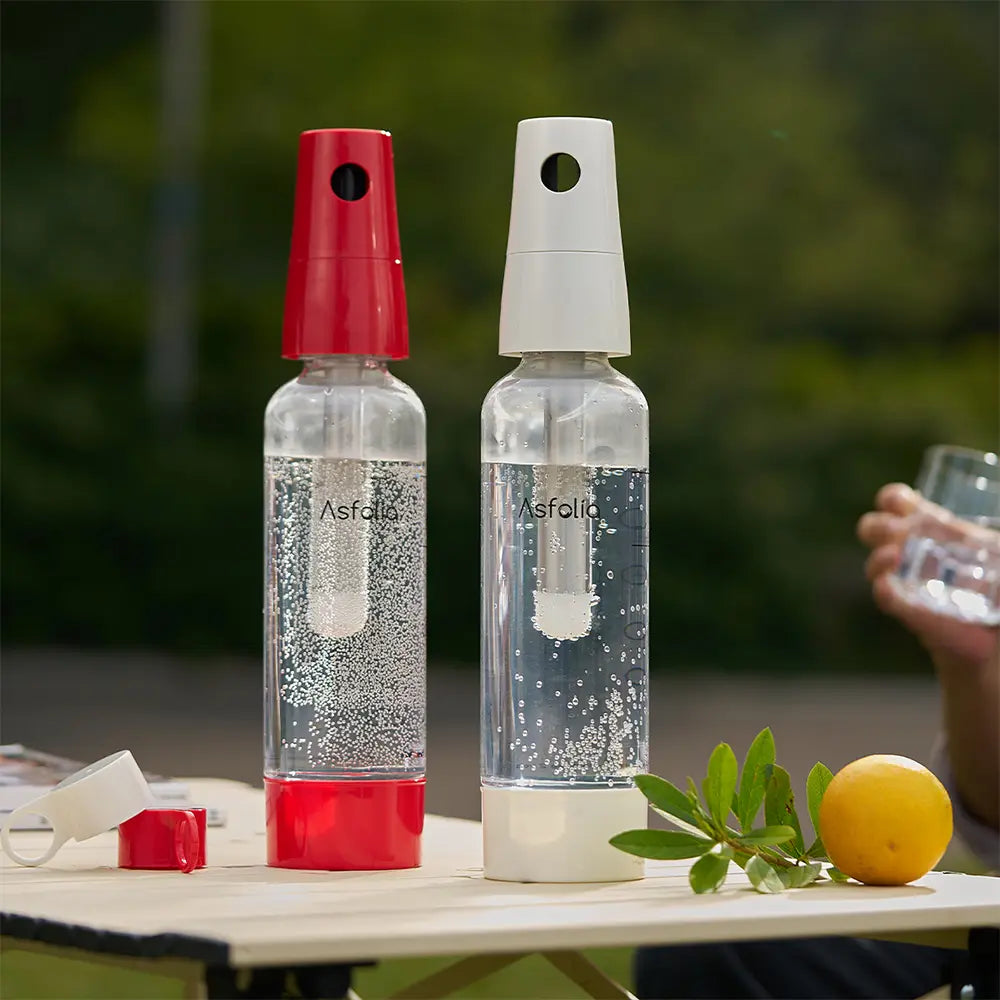
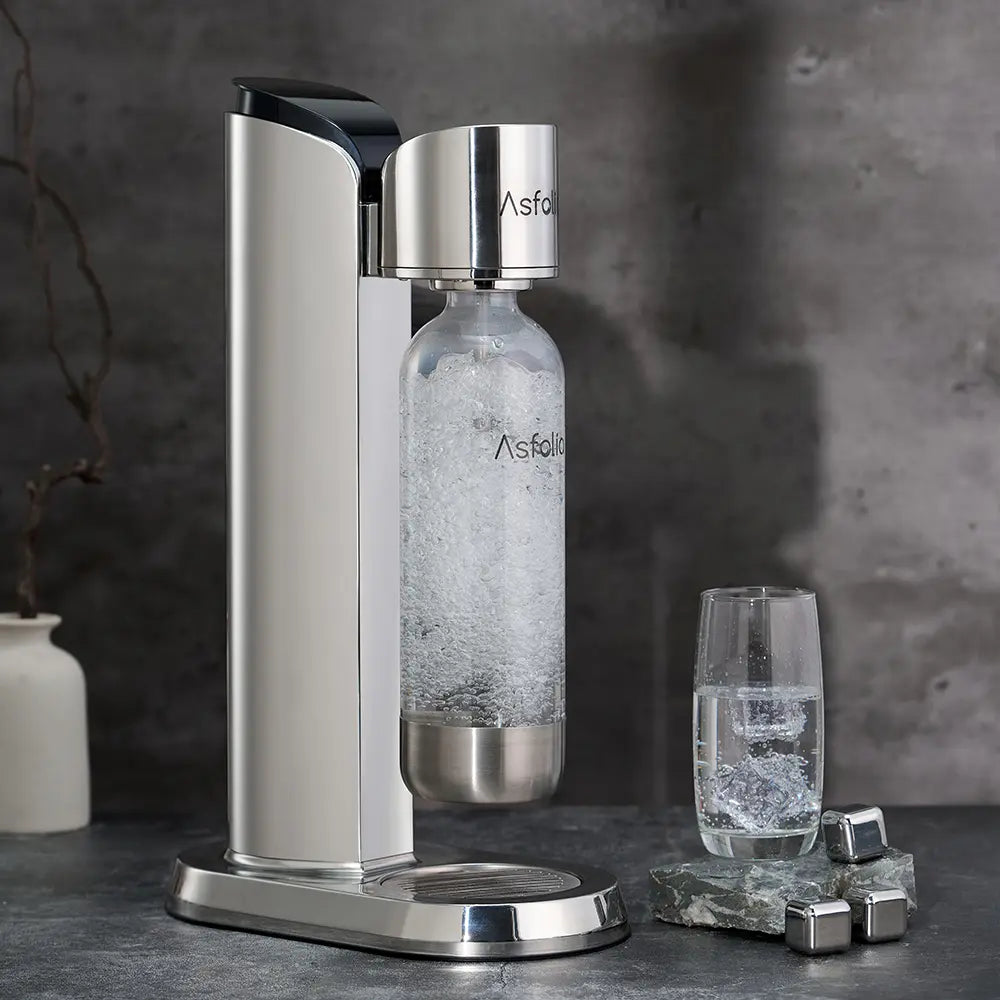
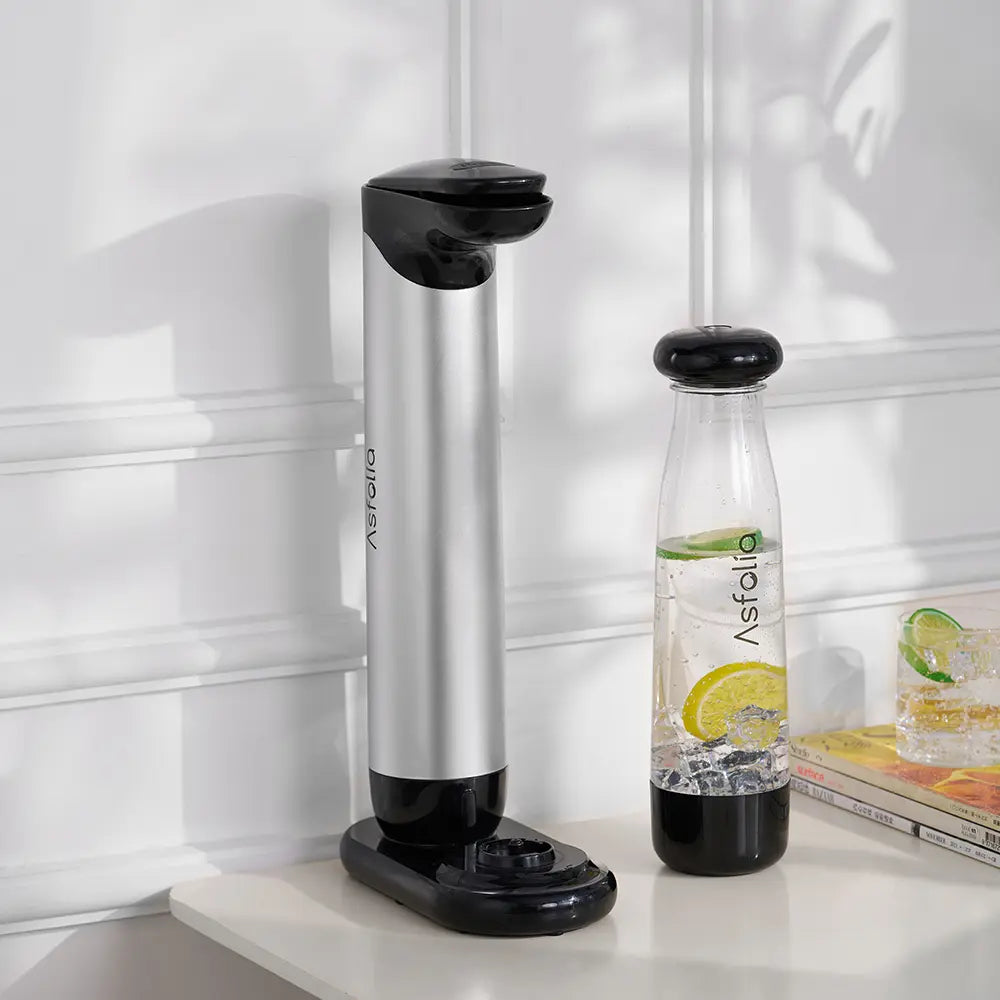
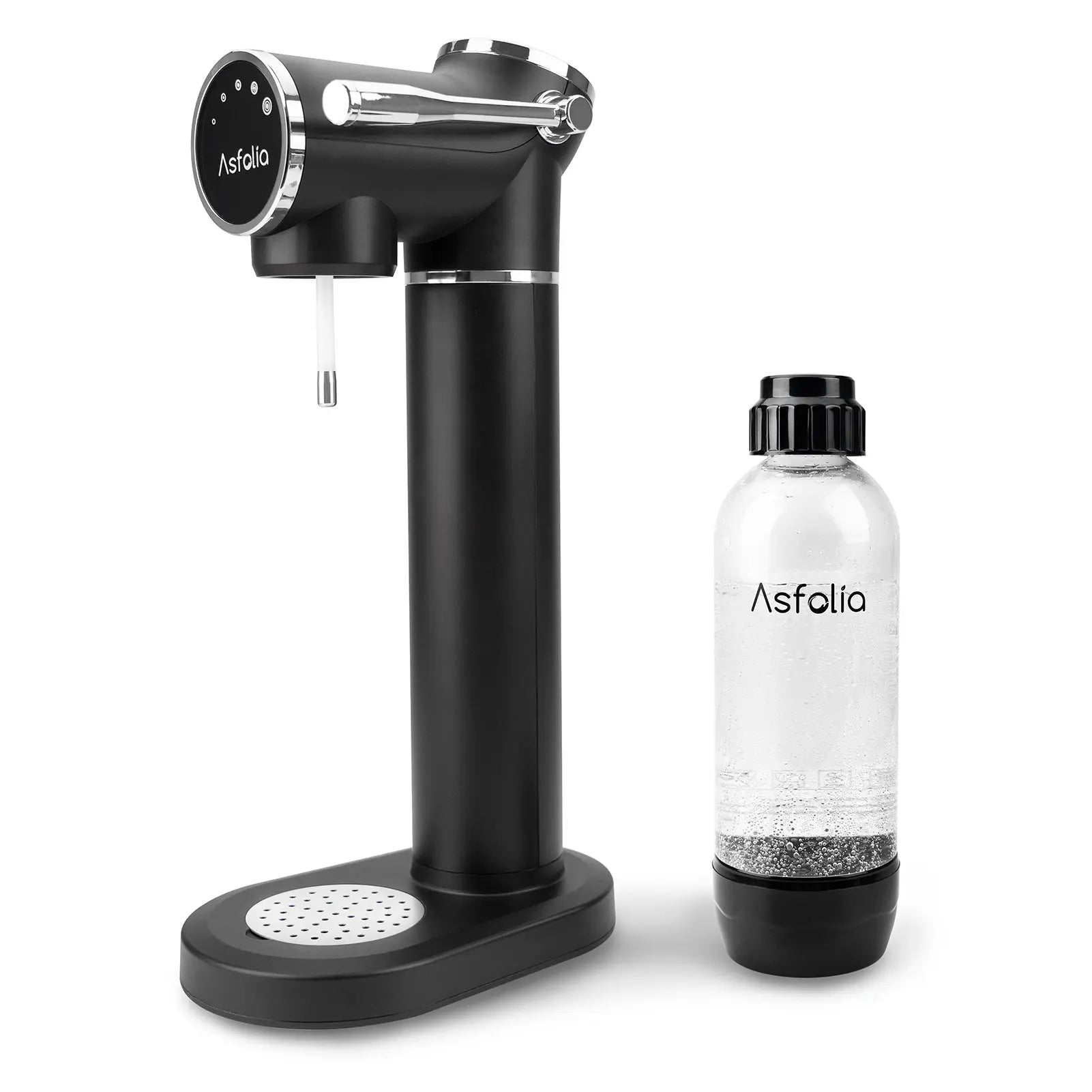
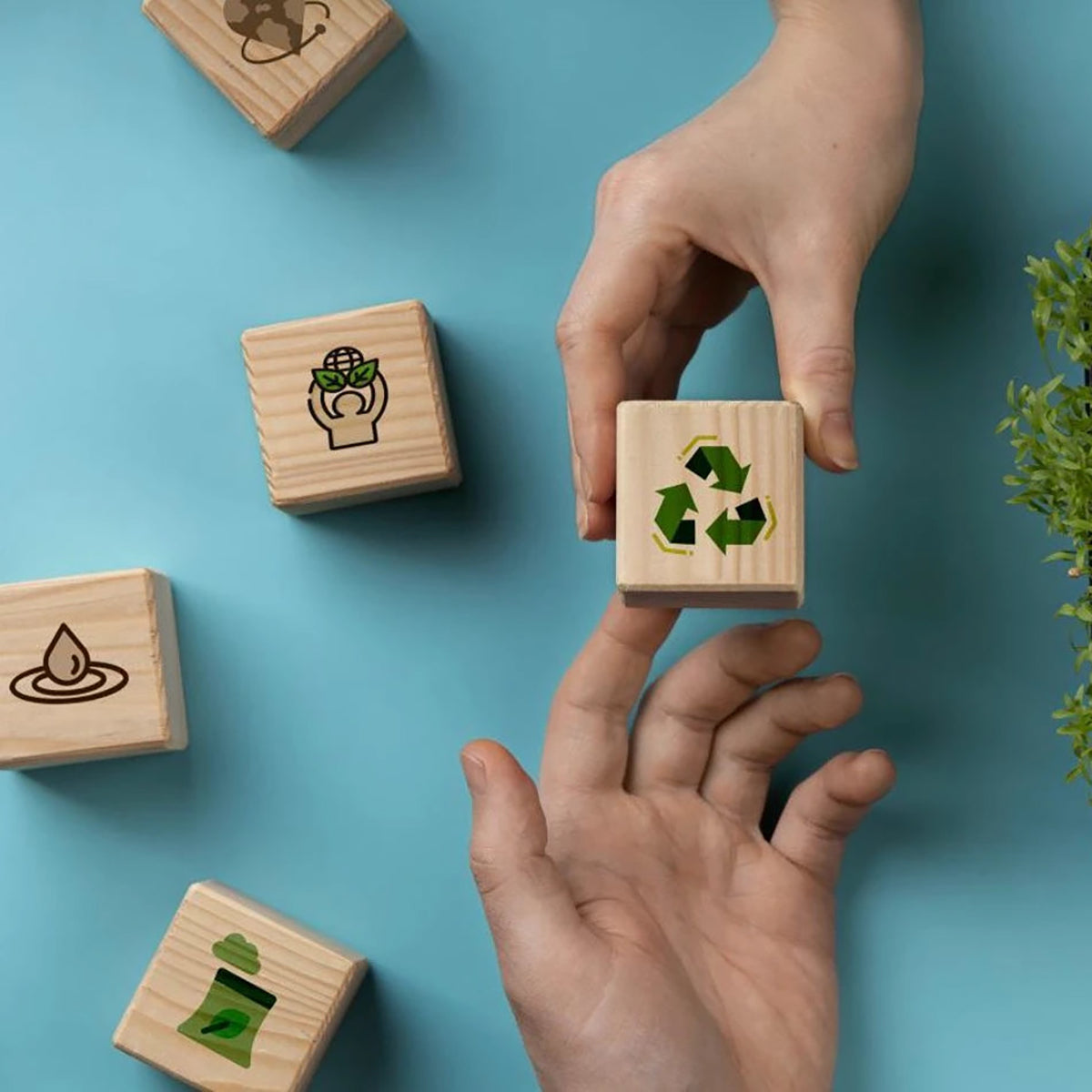
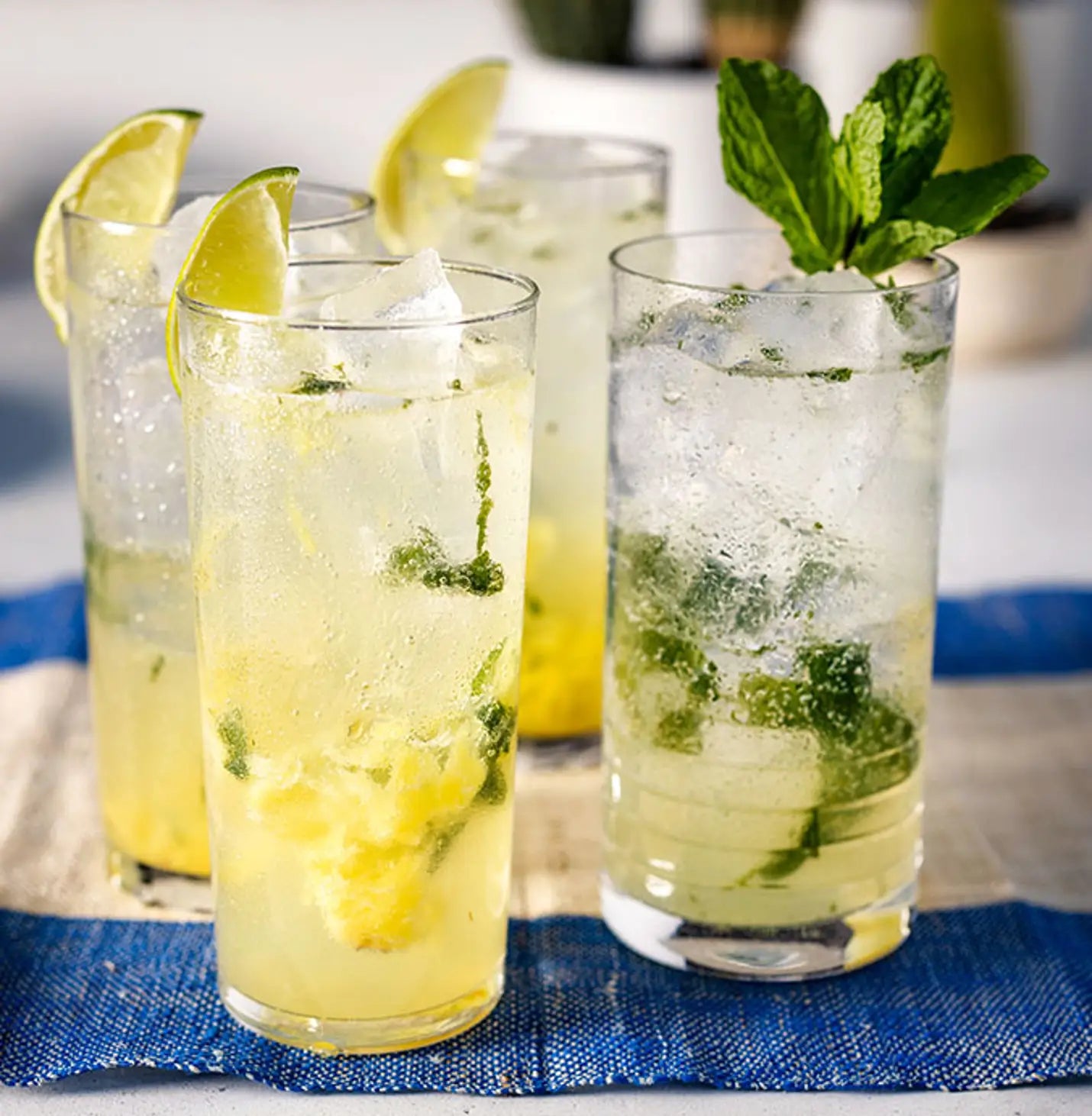
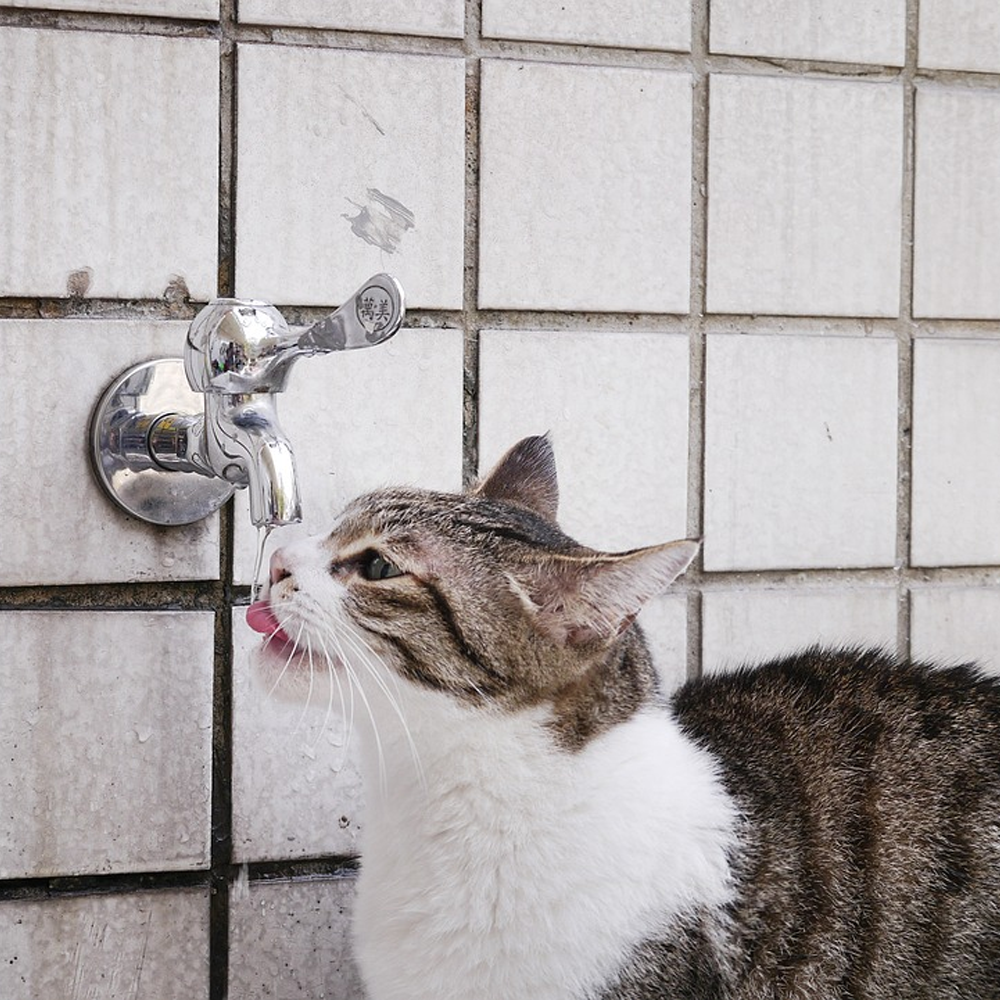









Leave a comment
This site is protected by hCaptcha and the hCaptcha Privacy Policy and Terms of Service apply.